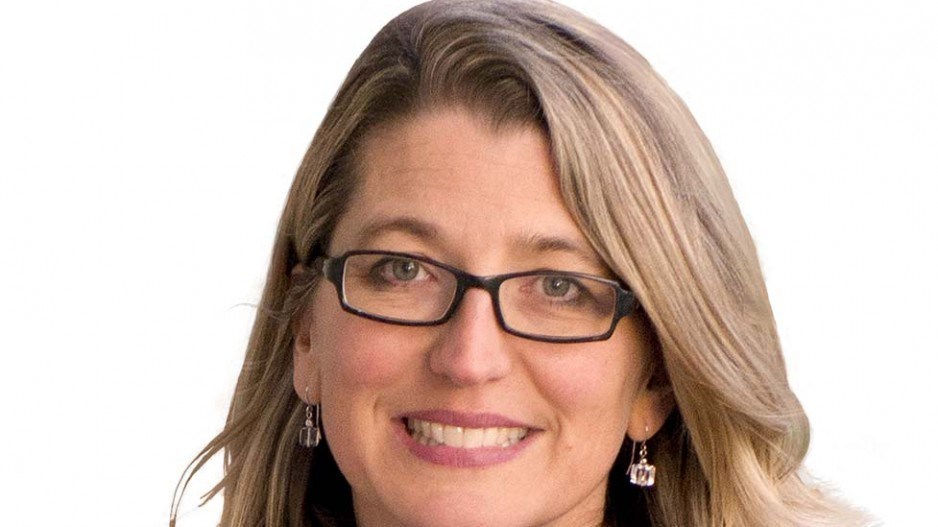An independent review ordered by the B.C. government into allegations a provincial lab was in conflict of interest because it does testing for the fish farm industry has found no conflict exists.
In October 2017, Premier John Horgan appointed his chief of staff, Don Wright, to conduct a review of the Ministry of Agriculture’s Animal Health Centre (AHC), after suggestions were made that the provincial lab was in a conflict of interest – suggestions that his agriculture minister, Lana Popham, seized upon.
The controversy started with a W5 piece that centered on independent biologist Alexandra Morton, who believes salmon farms are amplifying infestations of sea lice and other viruses and passing them on to wild salmon.
Popham weighed into the affair when she threatened to shut down a Marine Harvest fish farm, and got in between a disagreement between two scientists – Gary Marty, lead fish pathologist at the AHC, and Kristi Miller, a scientist with the Department of Fisheries and Oceans.
Miller was the lead DFO scientist of a study that concluded that piscine reovirus (PRV) has a high statistical correlation with a disease called Heart and Skeletal Muscle Inflammation (HSMI) in farmed salmon in B.C. The concern is that the disease could infect wild salmon.
Marty said he was the first to identify the disease in farmed salmon, but was questioned on why he never registered any concerns over it. Later, a report that he did publish was viewed as downplaying the threat of PRV.
In the W5 piece, Miller suggested that Marty and his lab might be in a conflict of interest because it does testing for the salmon farming industry.
“He has a relationship with the industry,” Miller told W5. “And he also is the person doing the pathology associated with the regulatory programs, and even if it isn’t a conflict of interest, it certainly has the appearance of one.”
“The controversy about the AHC started last year as a dispute amongst two scientists,” Wright states in his report to Horgan.
In conducting his review, Wright commissioned Deloitte to investigate the practices and procedures of the AHC.
“Our independent assessment of the AHC did not identify any evidence of financial or technical conflict of interest regarding the diagnostic activities of the AHC,” the Deloitte report concludes.
“There is always the potential for a perception of conflict of interest to arise given the fact that salmon farm operators are subject to periodic DFO audits, which rely upon the diagnoses of AHC laboratory scientists and veterinary pathologists; and the same scientists and veterinarians are performing fee-for-service diagnoses for the farm veterinarians themselves.
“In other industries, this might be considered a direct conflict of interest, however, this is normal practice in almost all veterinary diagnostic laboratories across North America.”
In his letter to Horgan, Wright accepts Deloitte’s conclusions: “My review process found no evidence of dubious data or conflict of interest.”




